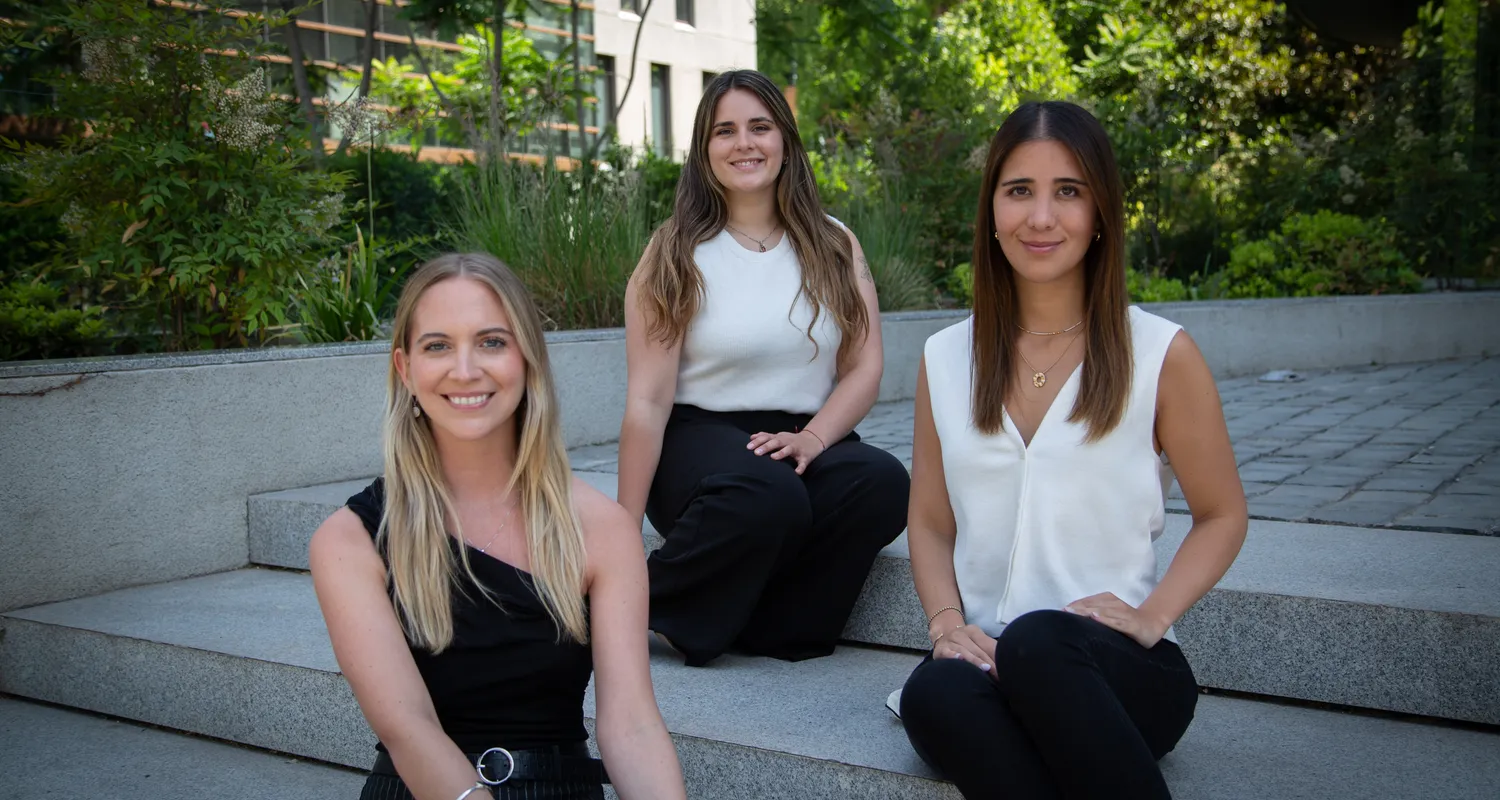The Ipsos study highlights that while 68% of Chileans describe themselves as happy, the factors that most impact their well-being are health, personal relationships, and the sense of control over their lives. In contrast, financial stability and work, although important, are not a guarantee of happiness. In fact, only 32% of respondents feel satisfied with their financial situation, suggesting that external conditions do not always determine personal well-being.
In this context, the launch of the book IN-FELICIDAD: Stop Looking Outside for What Was Always Inside by Magdalena Martin offers a deep and reflective perspective on how we build our happiness. Martin, who went through the bankruptcy of her company and a personal crisis, discovered that happiness doesn’t lie in professional success or material possessions, but in the way we face life.
Her approach, based on the MEC Happiness Methodology (Mind, Spirit, and Body), promotes a conscious balance among these three dimensions as the key to a fulfilling life. This message aligns with the Ipsos findings, where happiness is more closely tied to gratitude, meaningful relationships, and purpose, rather than external achievements.
At Krebs Consulting, we believe this is a necessary conversation in the business world. Happiness at work cannot rely solely on tangible benefits like bonuses or flexible schedules, but on an organization’s ability to foster environments where people feel valued, connected, and motivated.
Our partner and general manager, Constanza Ossa, was invited to the launch event of IN-FELICIDAD, reinforcing our commitment to this dialogue. Reflecting on happiness is not just a personal journey — it’s essential to building more human and sustainable workplaces.
Because maybe the key is not in changing jobs or reaching new goals, but in transforming how we live and work each day.


